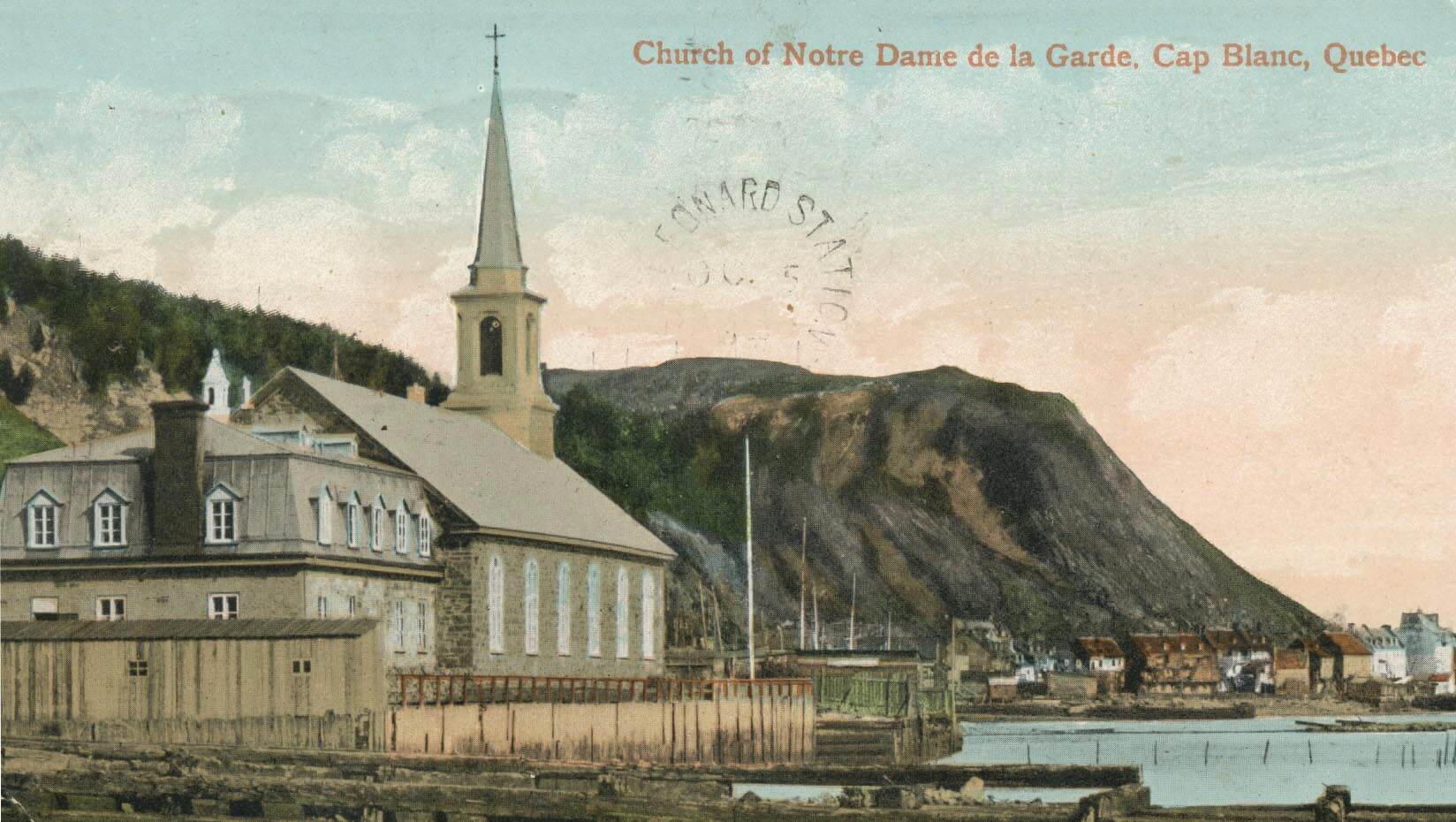
First-ever online, bilingual portal to Franco American archives launches this spring
Franco American Programs at the University of Maine will collaborate with four other institutions in the region to launch the first-ever online, bilingual portal to Franco American archives and history collections from repositories across North America this spring.
Franco American Digital Archives/Portail franco-américain, formerly known as the Franco American Portal project, will offer access to various primary sources about the French-Canadian, Acadian and Québécois(e) diaspora communities of the Northeast. Available records will include letters and other correspondence, scrapbooks, family and business records, newspapers, photographs and other media depicting Franco-American history, culture and people.
Information about the project can be found at francoportal.org.
“This online, bilingual portal to Franco American archives, manuscripts, and finding aids begins with our partners’ bilingual, materially diverse collections as the portal’s originating cache,” says Susan Pinette, director of UMaine’s Franco American Programs.
The National Endowment for the Humanities provided an almost $60,000 grant to help finance the development of Franco American Digital Archives/Portail franco-américain. The University of Maine at Fort Kent Acadian Archives, the University of Southern Maine Franco-American Collection, the French Institute at Assumption University in Worcester, Massachusetts, and the Msgr. Wilfrid H. Paradis Archives & Special Collections at Saint Anselm College in Manchester, New Hampshire, partnered with UMaine to develop it.
The project team is seeking other institutions willing to contribute to the portal by sharing access to their materials depicting Franco American history.
“We also recognize, however, that Franco American primary sources exist outside of our partners’ care,” Pinette says. “In fact, thousands of records documenting the lives and activities of Franco Americans beginning in the nineteenth century can be found in over 75 other major collecting institutions throughout the United States and Canada, including the Library of Congress, Bibliothèque et Archives nationales du Québec (BAnQ), New York Public Library, Harvard University and more.
“It is our intention to place all of these materials and their home repositories in conversation with one another through our portal. Making plain the contents of Franco American collections and their locations collaboratively will cast light on the truly national and international scopes of Franco American history and life,” Pinette says.
Primary sources detailing the French-Canadian, Acadian and Québécois(e) diaspora of New England can sometimes be difficult to find. The digital, bilingual archive portal will make them more visible, searchable and accessible to researchers, educators, students, genealogists and the general public.
Users will be able to browse and search through the catalog of records featured on the website, which it will categorize by indicators like place, family name, subject or cultural theme. Once a user selects an item to view, the portal will connect them to that item at its original source in the digital sphere or a physical archive.
UMaine Franco American Programs will host a Zoom presentation for Franco American Digital Archives/Portal franco-américain at 7 p.m. on March 16. This online event is free and open to the public. Anyone can register for the event through the Franco American Programs’ events calendar.
“This collaboration works hard to overcome barriers to the discoverability of Franco-American archival materials, and in doing so it aims to open them to new forms of study, and to improve access to pieces of our communities’ histories that may have become hidden,” says Jacob Albert, project manager for Franco American Programs who led development for the project.
For more information about the project and its contributors, contact Pinette, spinette@maine.edu, or Albert, jacob.albert@maine.edu.
UMaine has been active in Franco American studies for more than 50 years. The university established the Franco American Centre in 1972, then created a Franco American Studies Program, still the only one of its kind in the U.S., in the 1990s.
Contact: Marcus Wolf, 207.581.3721; marcus.wolf@maine.edu
